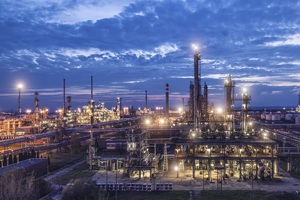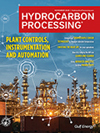MOL Group enters into a partnership with INOVACAT
Budapest, – MOL Group entered into a strategic partnership with
MOL Group will support the next stages of the development program of
Through its cost-leading, drop-in technology
“A main challenge of the MOL 2030 Strategy is to increase production of value-added products while reducing the production of fuels over the next 15 years. We are investigating technical solutions to develop our existing refining and petrochemical asset base, but we are also very interested in new technologies like INOVACAT’s GASOLFINTM, that can potentially significantly help us meet our goal.” - said David Pullan, VP Group Downstream Technology & Development.
“We are looking forward to working in partnership with MOL to provide them with our very competitive GASOLFINTM technology. This will enable MOL to convert their lower-value naphtha into propylene, butylene
As MOL Group’s 2030 transformational strategy aims to diversify the company away from fossil-based motor fuels, it is continuously looking for new innovative technologies that increase the flexibility and strengthen its footprint in the petrochemicals business. By 2030, MOL plans to increase its non-fuel production in refining from the current 30% to 50% of total output, which will be done mostly through increasing feedstock transfer to chemicals. In order to reach its strategic goals, MOL plans to invest around USD 4.5 billion into its petrochemical segment by 2030, focusing mainly on the extension of the propylene value chain in the next five years.







Comments